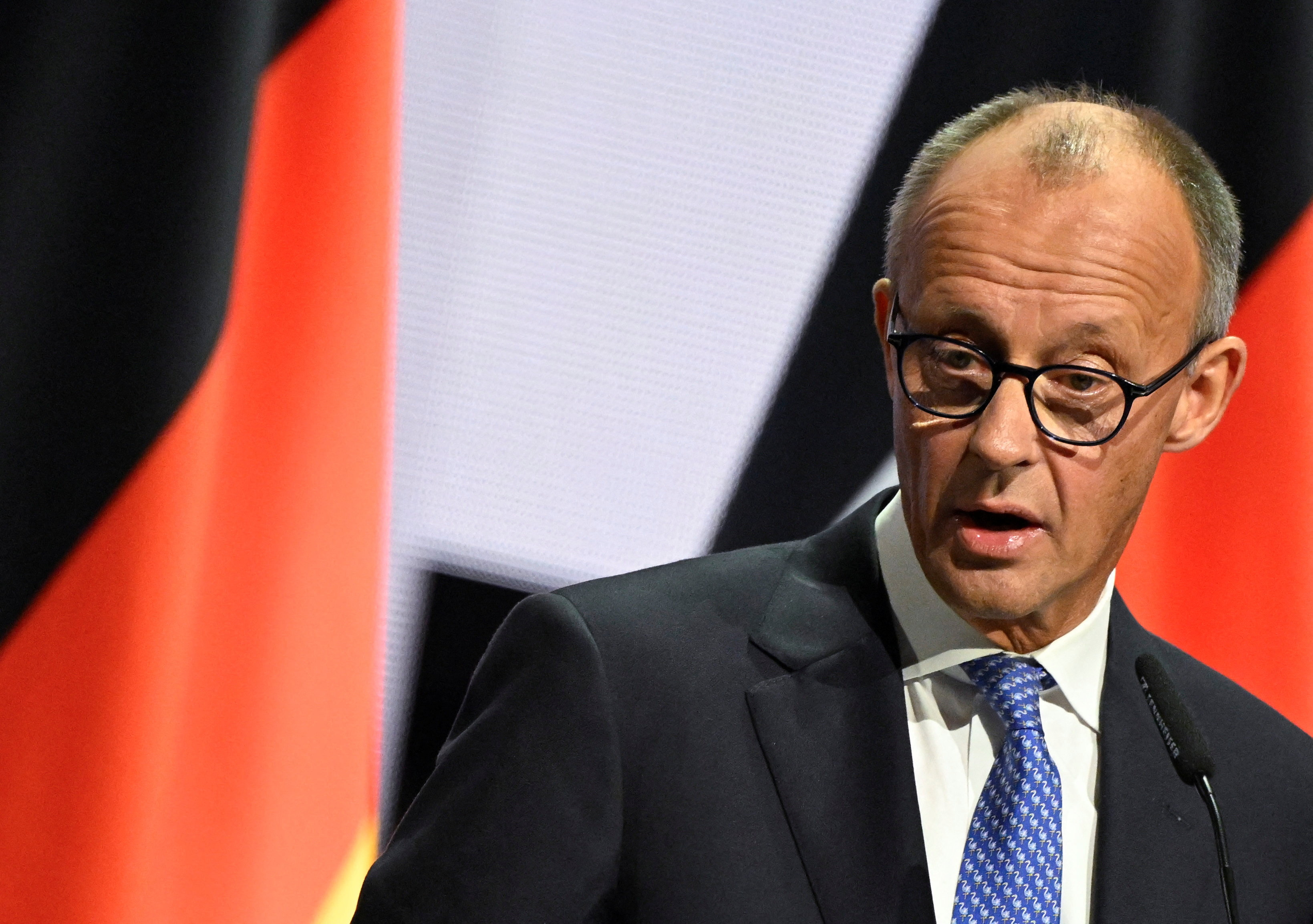Let me begin by offering my apologies for today’s somewhat technical column. However, recently there has been increasing urgency in European circles about the need to utilise the Russian frozen funds at Euroclear – a Financial Market Infrastructure (FMI) provider that settles and clears securities trades executed on European exchanges – of about €200 billion, in a way that assists the Ukrainian war effort.
German Chancellor Friedrich Merz wrote in the Financial Times on 25/9/25, setting out his proposal for a European loan to Ukraine that would be repaid from the reparations that Russia could be asked to pay for the destruction it inflicted during the war. As Russia will unlikely be willing to agree to any reparations, the funds that are currently under sanction and frozen at Euroclear are seen as a solution to getting actual Russian assets as opposed to empty pieces of paper with reparations written on them.
The Europeans have baulked at taking more concrete steps up to now in confiscating the frozen funds, with Belgium (where Euroclear is based) and France in particular, worried about the legality of any action.
I have already written about this topic in the Sunday Mail on 15/3/2025, arguing that the European Court of Human rights (ECtHR) could be used as the avenue to seek compensation by Ukraine.
A recent decision by the ECtHR brings the matter to the forefront again and European capitals should be alerted to take notice and take urgent action before they lose the plot.
In July 2025, the court came to a decision on the Ukraine and the Netherlands v. Russia case. The court unanimously decided against Russia, finding the country responsible for the downing of Malaysian flight MH17 in 2014, among other human rights violations. This comes in the footsteps of the Ukraine vs Russia (re Crimea) case, where the court again condemned Russia for its actions and deferred the decision for awarding just satisfaction, giving the two parties 12 months to respond to its decision.
Whereas the Malaysian crash case decision is recent, the Crimea case was decided in June 2024. The just satisfaction award for the Crimea case should have been concluded although there is no public information available to establish where the procedure stands. My friendly AI assistant informs me that any monetary award decision has been reserved.
The importance of these two cases indicates that just satisfaction or compensation as we understand it can be awarded against Russia, and the idea of waiting until war reparations are in place is a fool’s errand. For one, waiting for reparations assumes that sanctions remain in place until such time as damages are awarded. That is a doubtful assumption, given that there are serious concerns about the continuous support for sanctions from countries such as Hungary, Slovakia and now probably the Czech Republic.
For another, Russia is unlikely to accept any peace deal that will involve the award of reparations.
Tying, on the other hand, any European loan to the just satisfaction awards of the ECtHR (both existing as well as prospective ones) by getting Ukraine to assign the proceeds as security for the loan is the only way to crystallise the claim now, rather than wait for an uncertain date in the future. Furthermore, using the garnished legal tool to lock in the frozen funds at Euroclear ensures that the funds are earmarked and cannot be claimed by anybody else, unless the loan is repaid. Importantly, this approach does not necessitate that sanctions remain in place.
European capitals should urgently prepare the ground for the moment quantified damage awards are announced by the ECtHR. One of the key obstacles in laying claim on the frozen funds is, allegedly, the immunity that sovereign assets possess against expropriation. This could be tackled either through Belgian legislation explicitly authorising garnishment of sovereign assets linked to an ECtHR judgement or an EU-wide legal act treating such judgements as exceptions to immunity.
Europeans should ensure they make a claim on the ECtHR award to be decided before anybody else does so. Otherwise, they run the risk of falling behind the priority claim of others likely to set sight on these funds.
This proposal provides a legal bridge that allows funds to be mobilised without “confiscation”. It reframes the issue: from punitive seizure (which many lawyers resist) to lawful enforcement of court-ordered compensation, which not only has clearer legitimacy but obviously upholds Human Rights and the Rule of Law.
What is clear is that inertia or being locked in traditional ways of thinking is unlikely to bring the desired results.
It appears that last week’s wish in this column, for a chance to be given to peace has actually materialised, with the first phase of Trump’s peace plan for Gaza accepted by both sides. While the risks of failing to go through all the stages of the plan remain high, it is a welcome stop to the hostilities in Gaza.
Loukis Skaliotis is an economist






Click here to change your cookie preferences